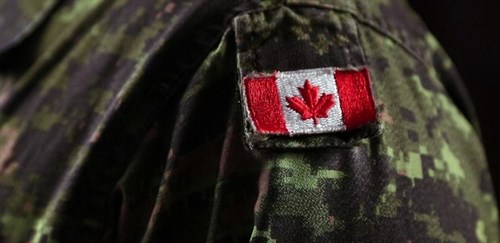Canadian Forces ignored advice to set up drug, alcohol treatment
The Canadian Forces rejected an internal recommendation to expand its addictions program to better help military members struggling with substance abuse.
9 Nov 2015This was rejected despite being aware that nearly six in 10 soldiers who died by suicide in recent years had been dependent on alcohol or drugs.
The recommendation, made last year by a group set up to examine the Forces’ addictions services, is laid out in military records obtained by The Globe and Mail through the federal access to information law. The proposal to create intensive outpatient treatment programs at up to seven military centres was initially approved by the Forces’ Surgeon-General’s clinical council. However, it was soon abandoned for “a less ambitious plan,” because of staffing shortages and other mental-health demands, according to a council document dated September, 2014.
This was the second time in six years that the Forces’ did not move forward with proposals to re-establish addictions treatment clinics, which were nearly all shuttered in the late 1990s – part of cost-cutting measures that hit the military’s health services not long before Canada became involved, in late 2001, in the Afghanistan war.

More than 40,000 Canadian soldiers deployed to Afghanistan during the 13-year NATO-led combat mission, which wrapped up last year. The military has seen rises in alcohol abuse and mental illness, such as post-traumatic stress disorder (PTSD), in connection with the war. In many cases, soldiers are struggling with both PTSD and addictions.
Veterans’ advocates and military watchdogs have long criticized the Forces and Canadian governments for not providing enough health services and support for soldiers who returned from Afghanistan with severe mental scars. The mission claimed many lives, including 158 soldiers who died in theatre. But they aren’t the only casualties.
A Globe investigation found at least 54 soldiers and vets have killed themselves after serving in the Afghanistan war. The effects of the mission were a factor in some of the suicides, though it’s unclear in how many. And there are undoubtedly more: The military has incomplete data on reservists and the government does not regularly track veterans’ suicides.
Click here to read the full article
Doctors can lead the way to healthier drug policies – join IDHDP now.
Share this on: